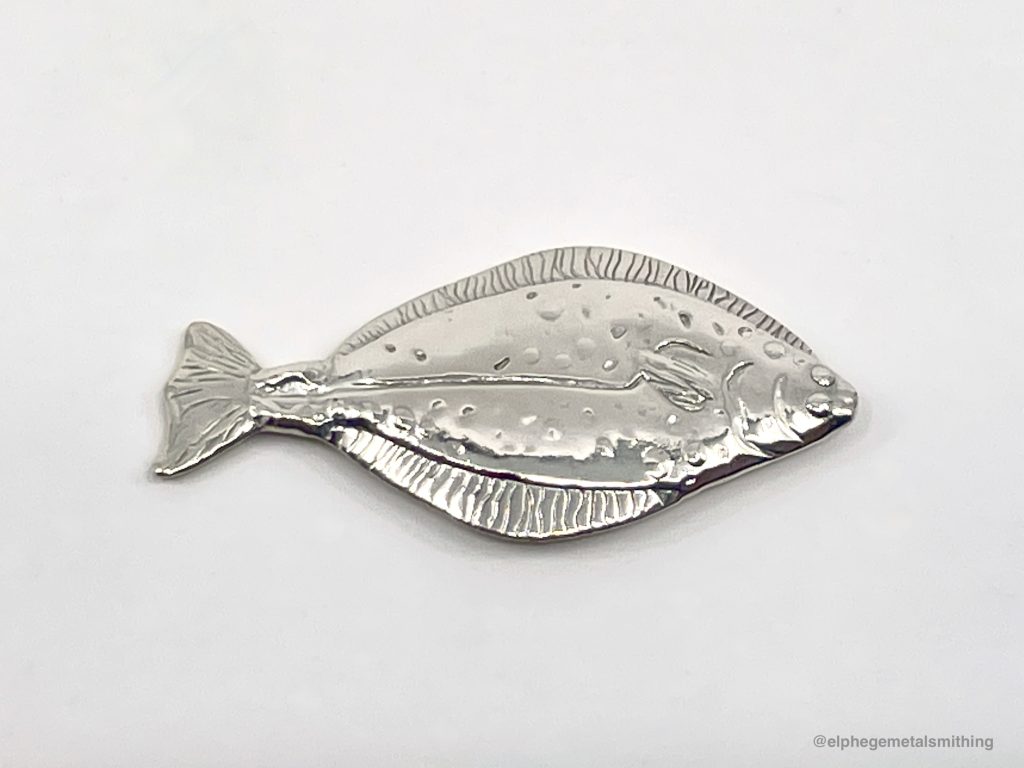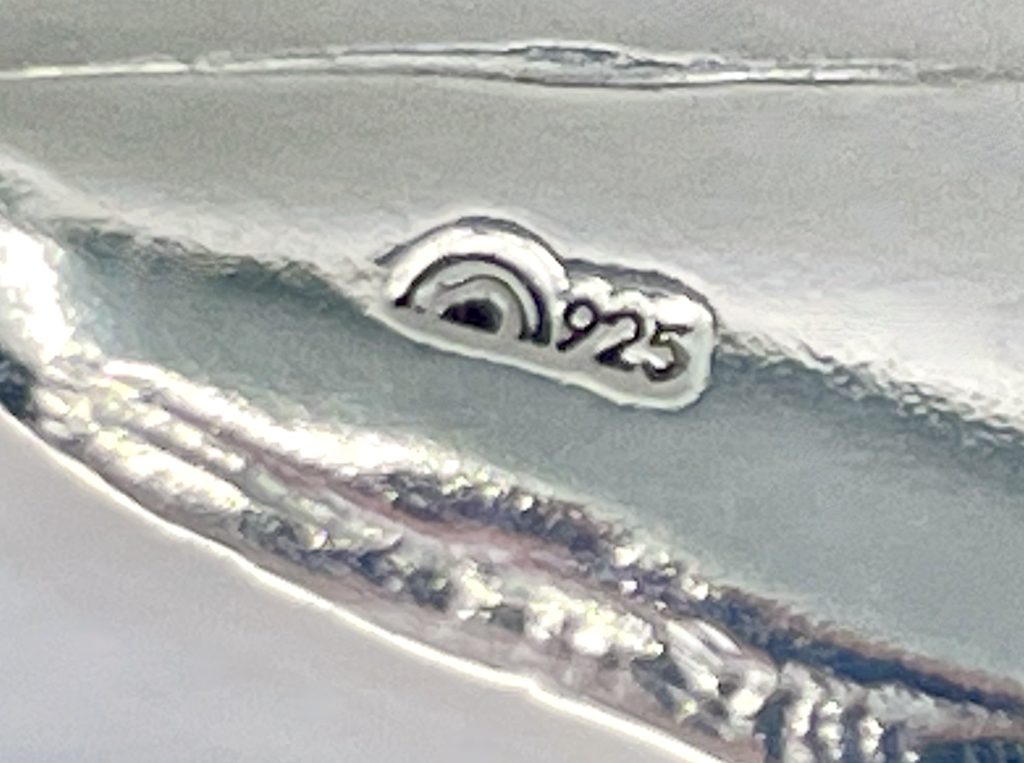
In the first deal of its kind at a fine arts university, NSCAD has been granted an institutional license from Fairmined, which allows the Jewellery Design and Metalsmithing program to offer its students access to ethically sourced gold and silver.
Fairmined is an assurance initiative by the Alliance for Responsible Mining that certifies gold and silver as materials of responsible origin, “extracted with the best mining practices aimed at preserving the environment and support the development of artisanal and small-scale mining communities.”
Brokering the license, usually granted to jewelry brands and designers worldwide, was spearheaded by Greg Sims, Assistant Professor in Jewellery Design and Metalsmithing. The process began in 2022 and the license was issued last November.
“Similar to diamonds, gold can find its way into some pretty horrific situations, including funding conflicts and war,” says Sims. “It’s mostly taking advantage of individuals and smaller communities in poverty that are tasked with extracting precious metals, but don’t have legitimate ways to bring them to the market.”
Eighty percent of the world’s gold is extracted via large-scale, industrialized mining that uses predatory worker and environmental practices. Fairmined supports artisanal small-scale mining, which comprises the industry’s remaining 20 percent supply. It considers the environment surrounding the mines—chiefly in Ecuador, Colombia, and Peru—the value and health of the workers & their communities, and the treatment of the materials.
NSCAD students pay under $2 a gram for silver from their standard suppliers; Fairmined silver is priced around $5/gram and takes into account the more realistic costs of a responsible supply. The price of Fairmined gold is much higher and includes an added premium of $5/gram.
“That’s not necessarily a lot,” says Sims. “If it takes 10 grams for a ring, somebody’s paying an extra $40or $80 to say ‘I know where the materials in my ring came from.’ More and more, that’s becoming important to people. It certainly did with diamonds.
“We’ve come to understand that the materials we use currently are priced artificially low, because not all the players in the system are getting adequately compensated,” he adds.
‘There’s very visible evidence it was done ethically’


Students who opt to work the materials into their projects will be trained on Fairmined-approved guidelines to ensure best practices and adherence, which is one of the directives of the institutional license.
“They will melt scrap materials down and process them into different stocks—wire, tube, sheet,” says Sims. “We also do casting—they can take scrap silver or casting grain and melt that down. When they’re working with Fairmined silver, they have to ensure they’re only using those materials, and the other tools and processes they’re using aren’t contaminated in some way.”
Brooklyn Soucie is a third-year Jewelry and Metalsmithing student who used Fairmined silver in the creation of a small Pacific halibut, reminiscent of the ones she used to catch with her father and grandfather growing up in British Columbia.
“Probably one of the neatest things is you get this card, and it says exactly where in the world and what mine this silver’s come from,” she says. “We have proof and it’s trackable. There’s very visible evidence it was done ethically.”
Two of the three versions of NSCAD’s 2024 Alumni Ring that launches this Spring will be made with Fairmined certified materials, yellow gold and silver. (The third, stainless steel, has no industry assurances.) Their production will be overseen by John Esposito at Malleable Jewellers in Toronto, an early adopter of Fairmined materials and a consult on the school’s project.
“As soon as you’re aware of the issues, we have to say, ‘Do we want to access the material or not?’ With our institution the answer has to be ‘Yes,’” says Sims. “It can no longer be ignored. If we opted to go a cheaper route, it would be us ignoring the reality of the mining industry. It became obvious that incorporating responsibly-sourced precious metals was a positive step that NSCAD could take to bring awareness, and to reflect the values and concerns of the next generation of artists and designers.”
“It’s so fantastic being a student and having NSCAD bring it into their program,” says Soucie. “It was really eye-opening, and the fact that it’s an option—and an option for students—is amazing.”
Learn more about Fairmined certification and NSCAD’s Jewellery Design and Metalsmithing program.
